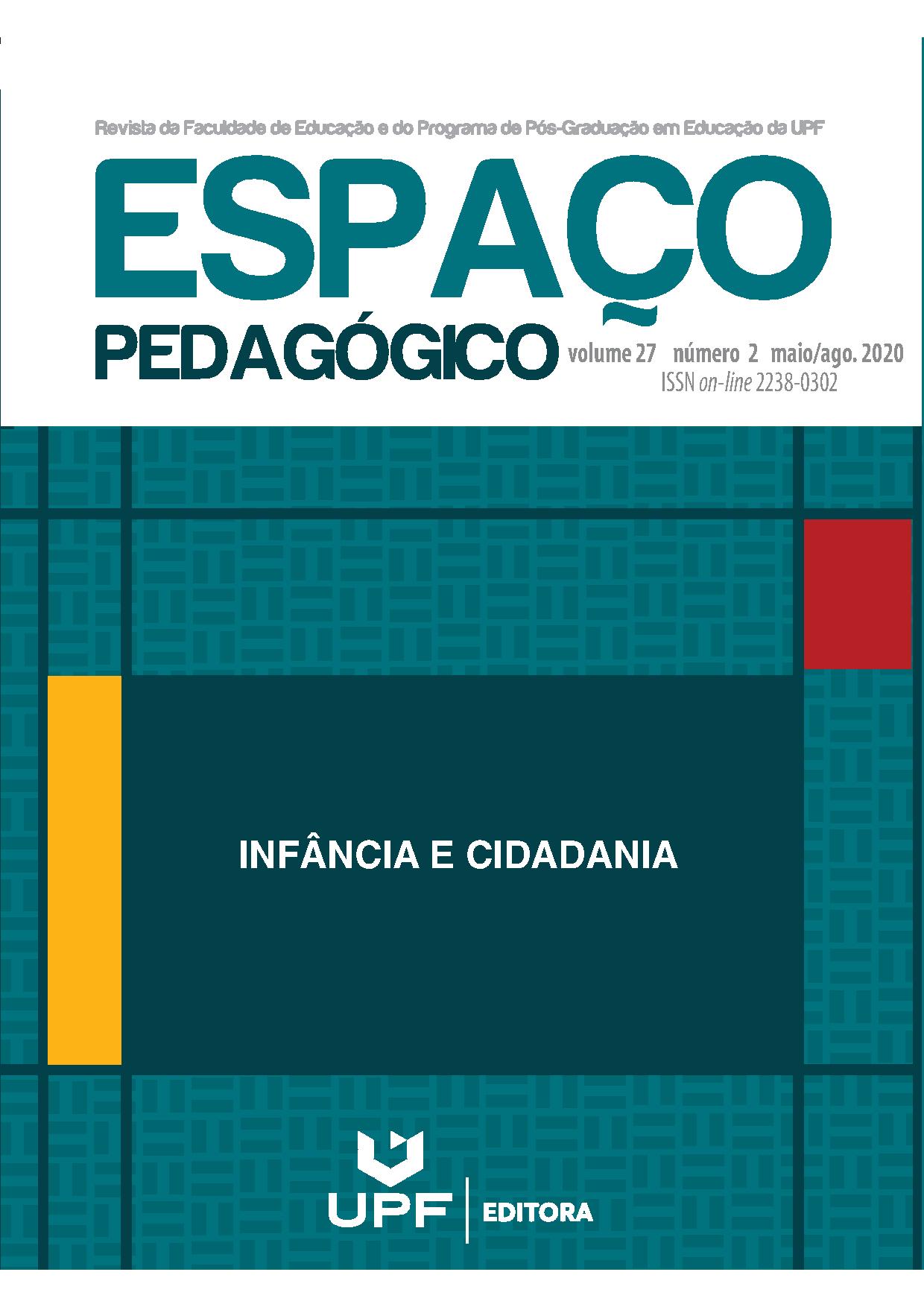Child education: Space of play and child interaction
DOI:
https://doi.org/10.5335/rep.v27i2.11433Keywords:
Childhood. Child Subjectivity. Neoliberal culture. Interactions Play.Abstract
This article aims to problematize the subjective condition of the child as subject in a context strongly influenced by neoliberal assumptions. Thus, the qualitative study and exploratory-interpretative approach, seeks to reflect on the necessary conceptual construction of the child as a historical and interaction subject, in order to overcome the neoliberal paradigmatic influences of early childhood education. Thus, the study methodology was through bibliographic research, which had its foundations in authors such as: Ariès (2006); Sarmento (2005); Dewey (1979); Teixeira (1934); Dardot and Laval (2016); Larrosa (2015). The research consisted of the counterposition of the neoliberal paradigm of childhood by the conception of child subjectivation, through interactions, experiences and play. Finally, the reflections draw attention to the fact that educational spaces break with neoliberal pedagogical dogmatization, so as to be grounded in the conception of children with learning rights through play.



